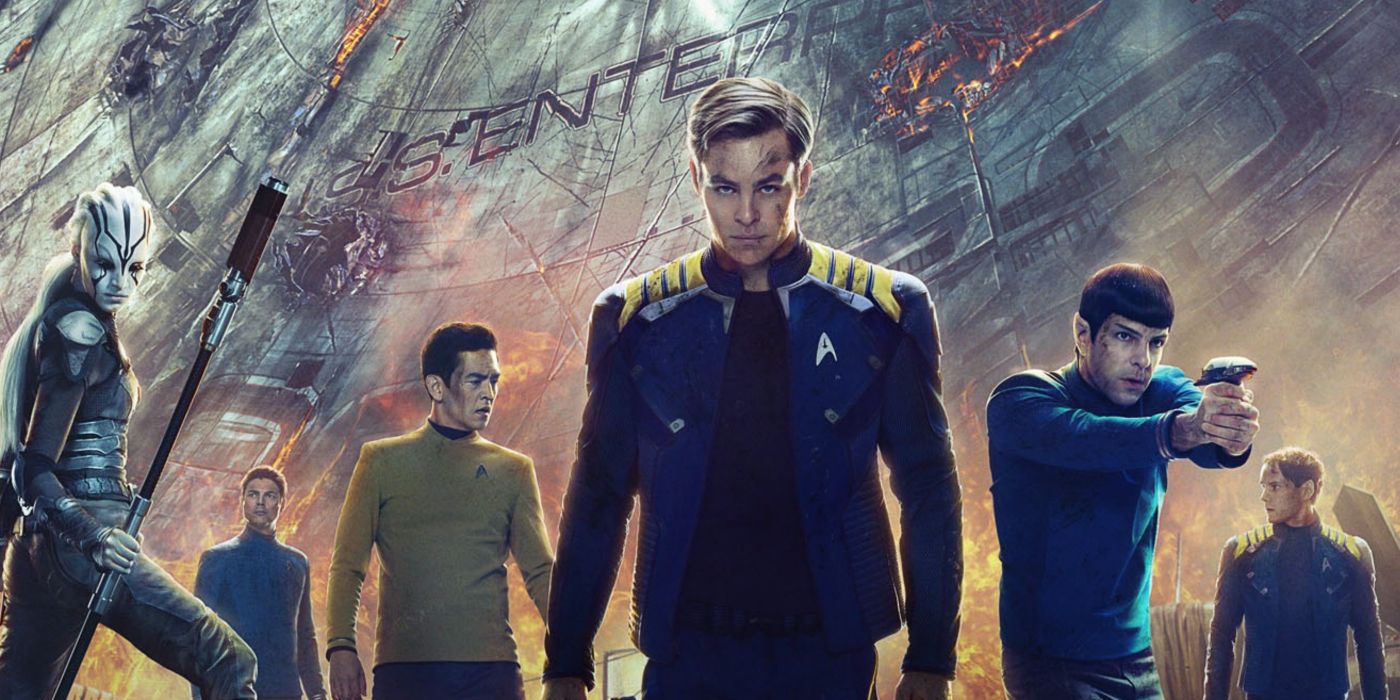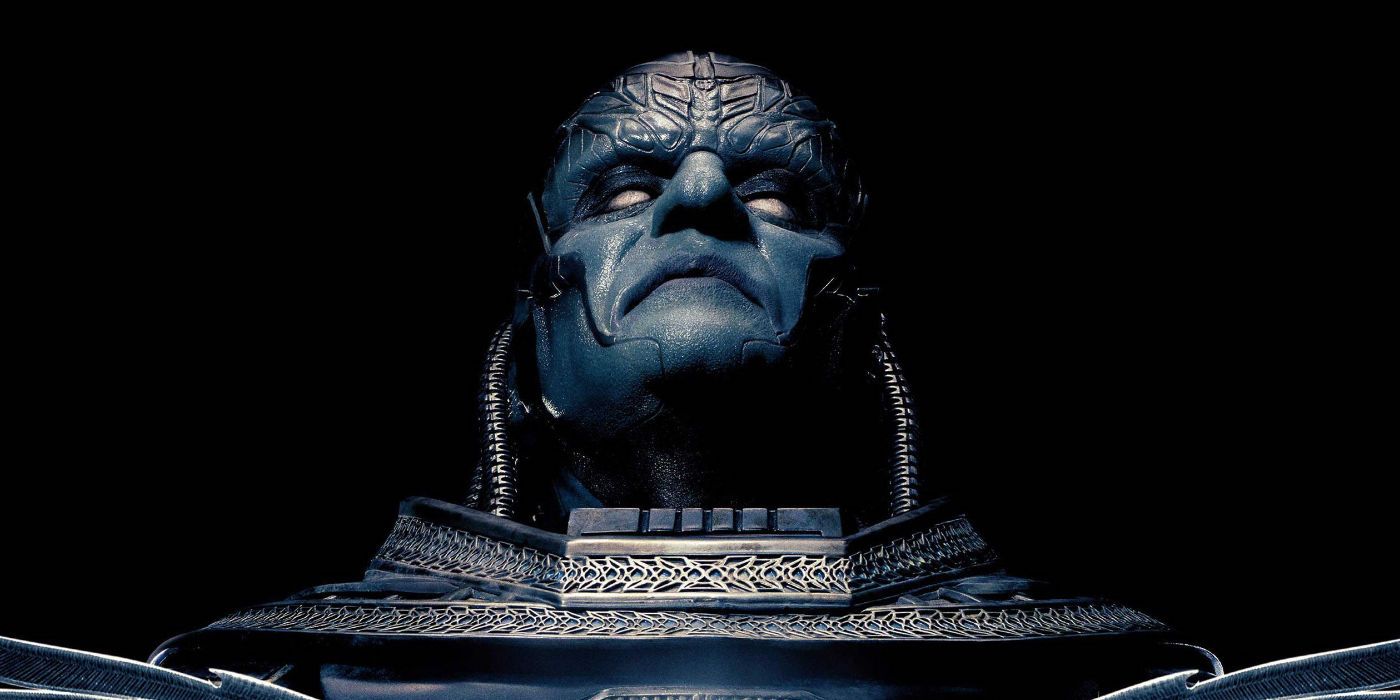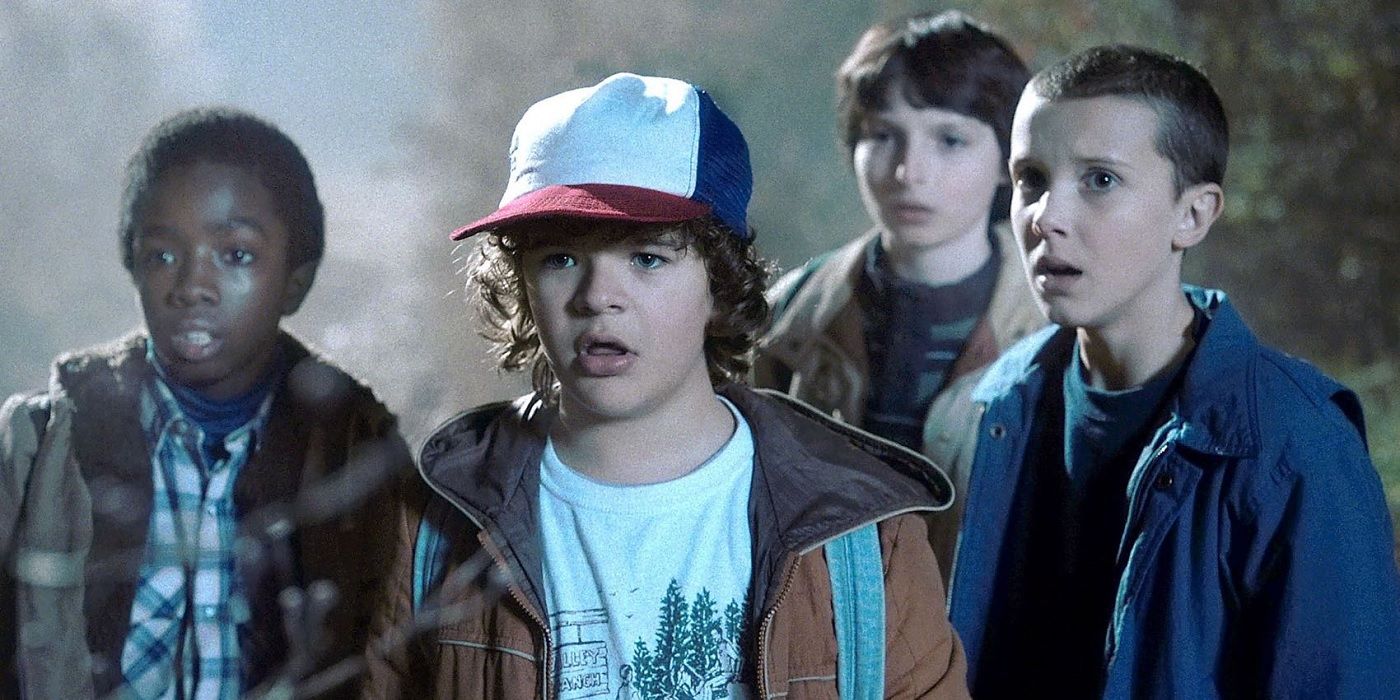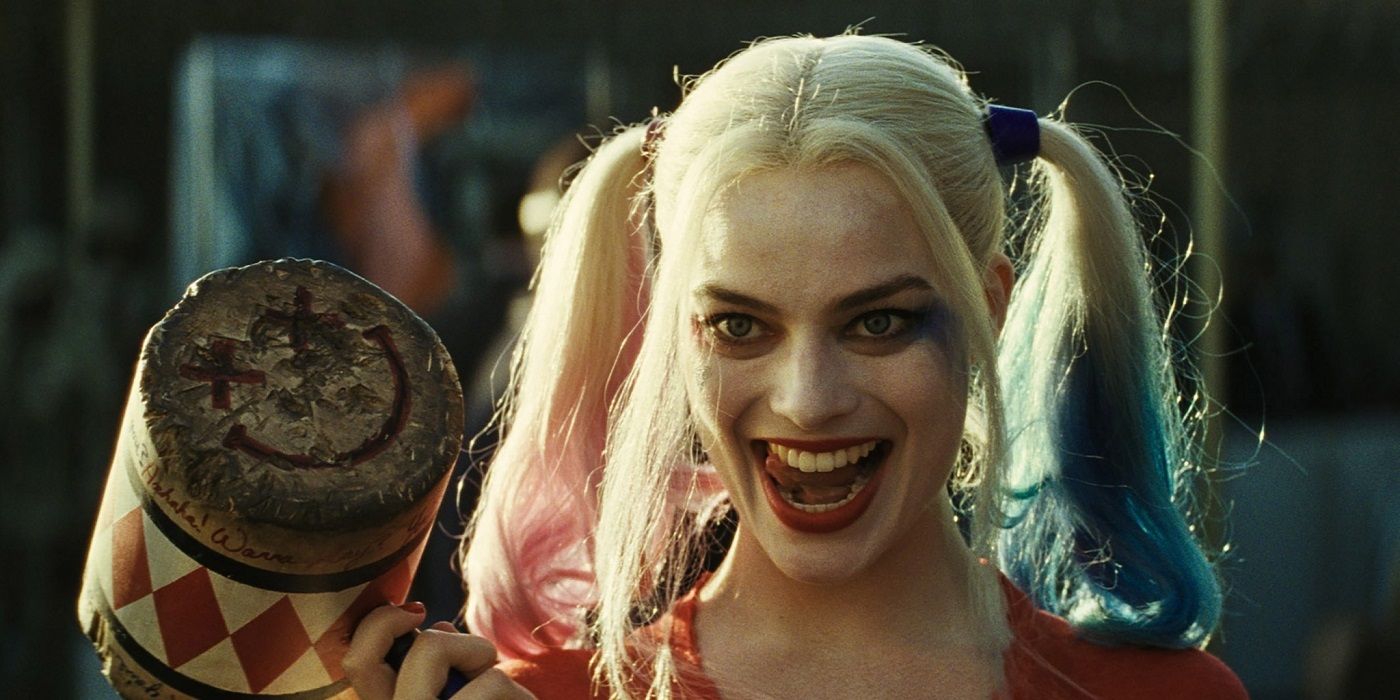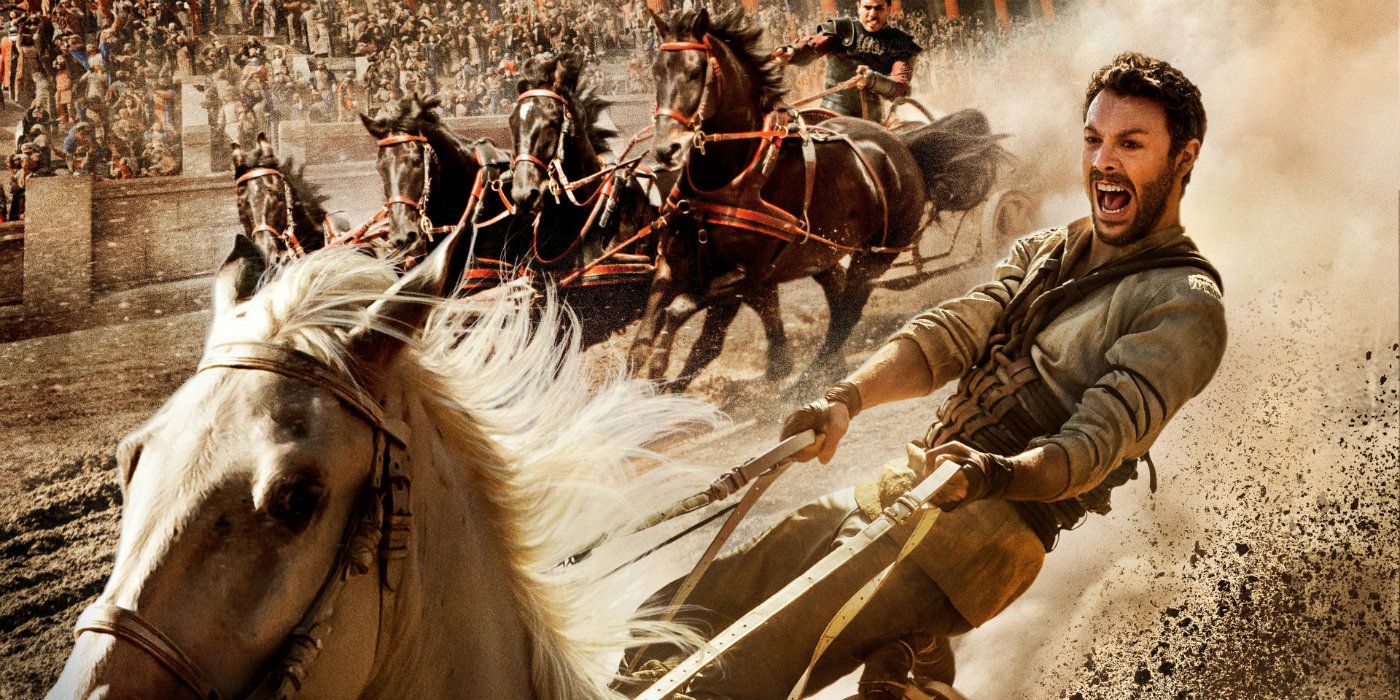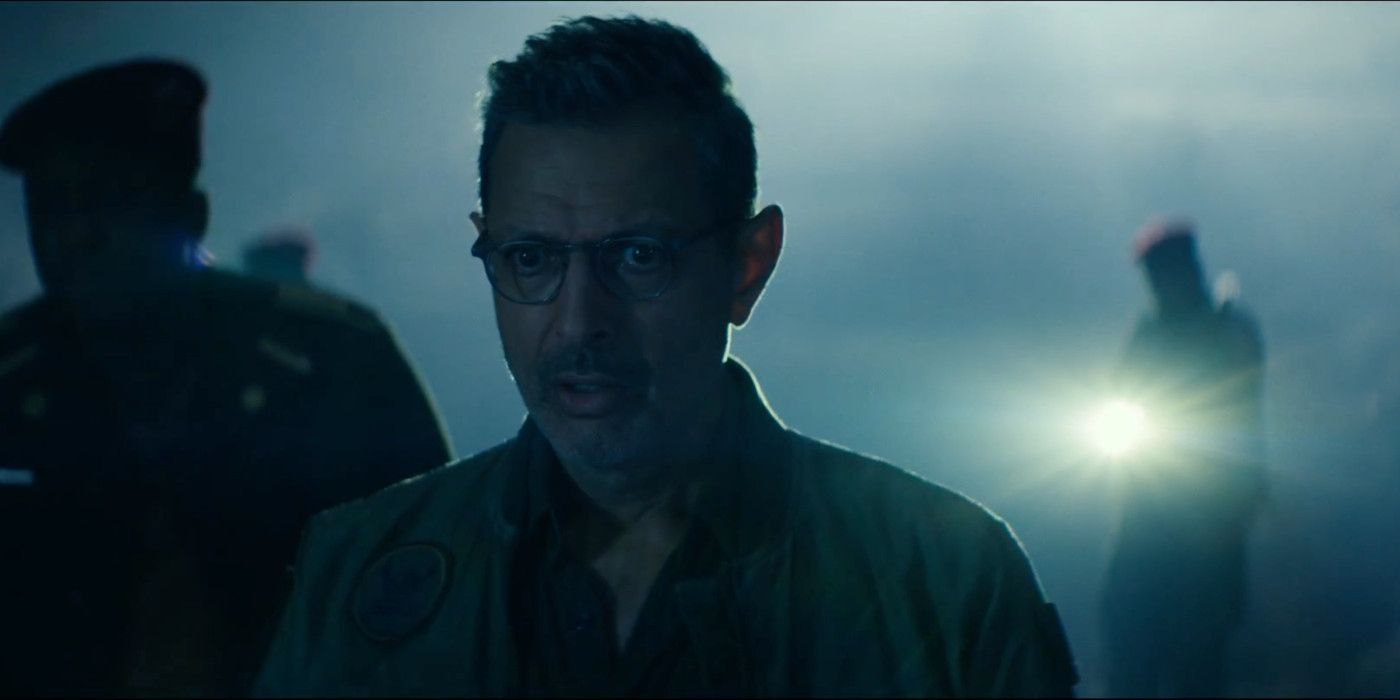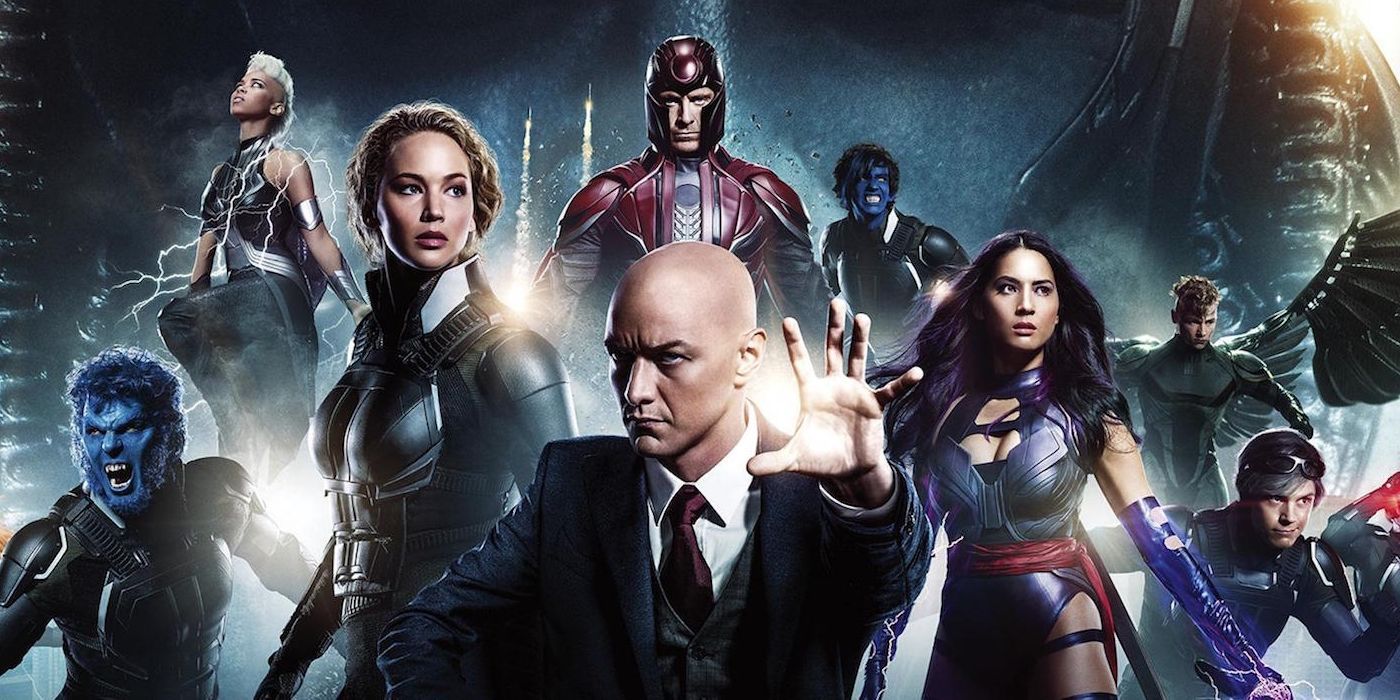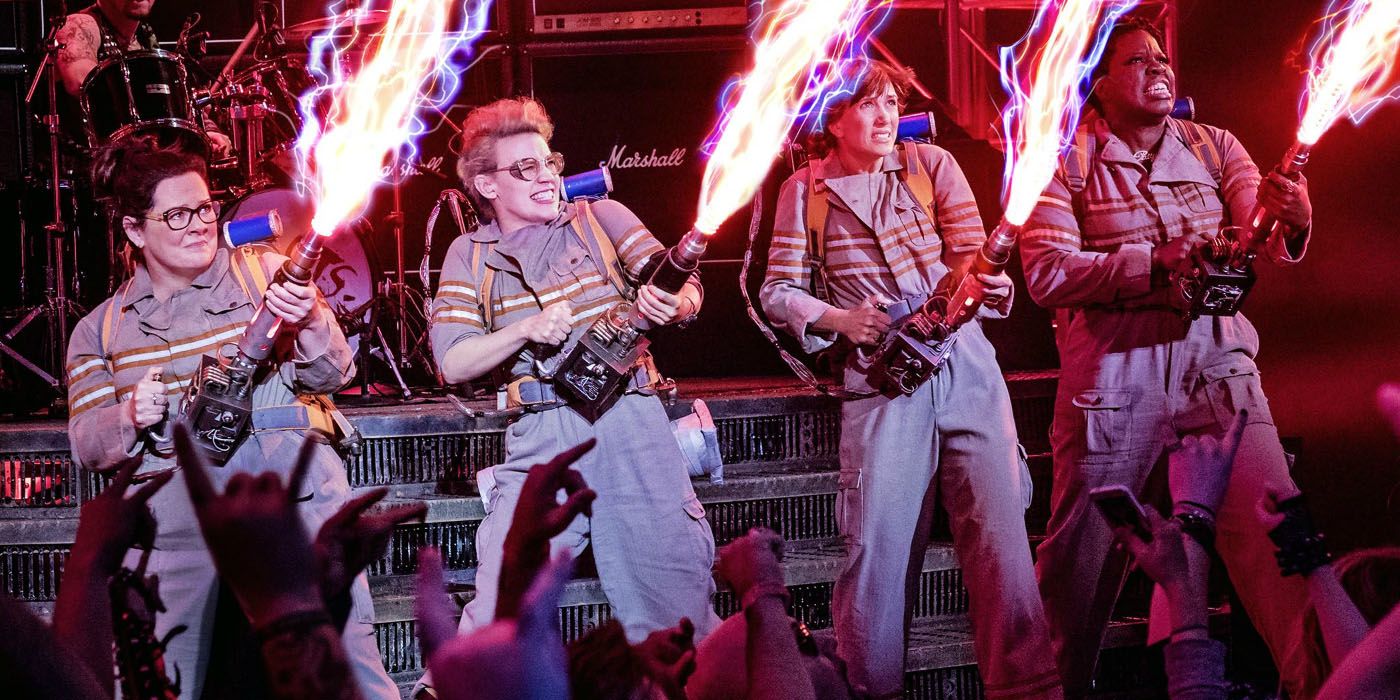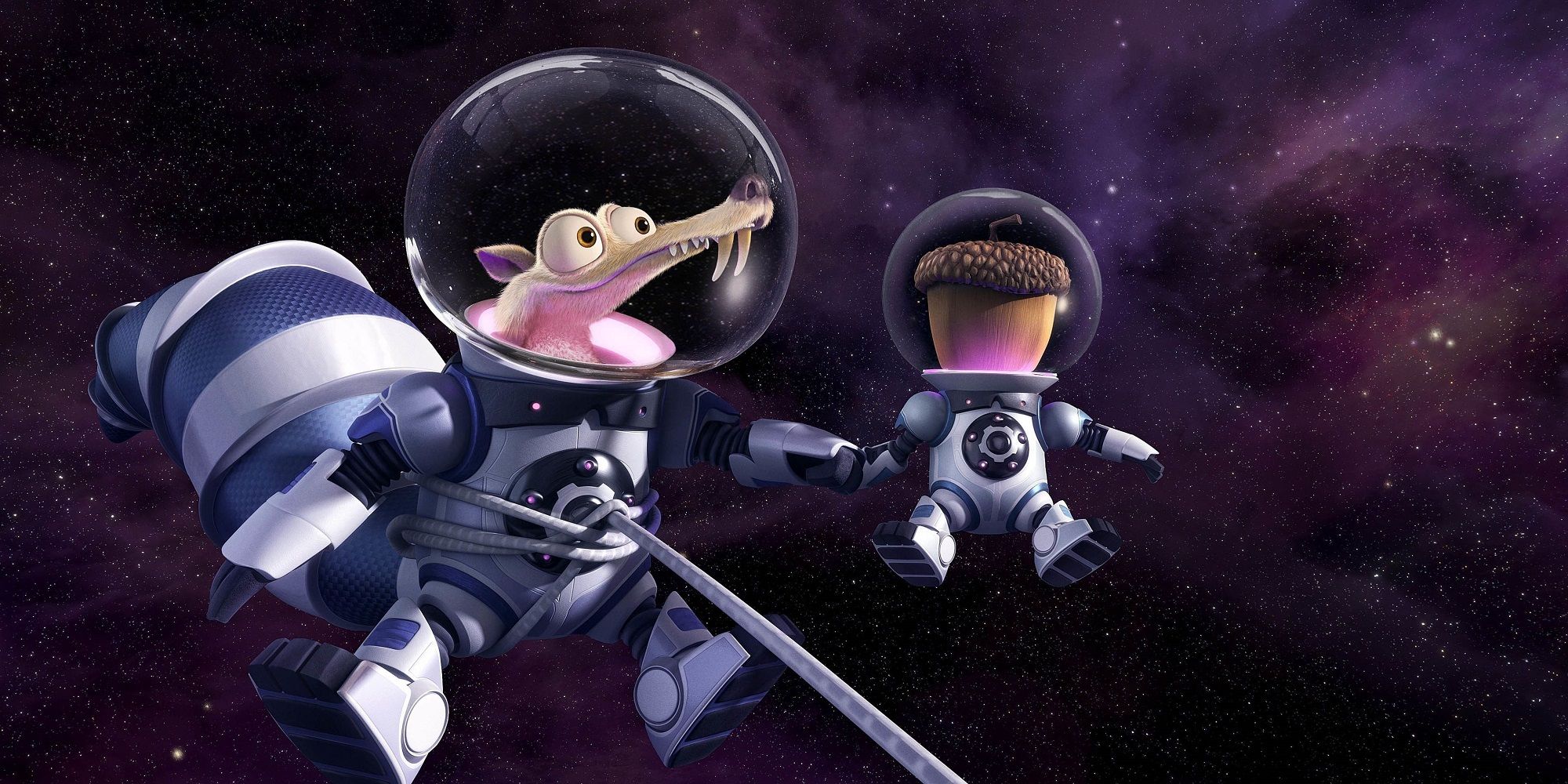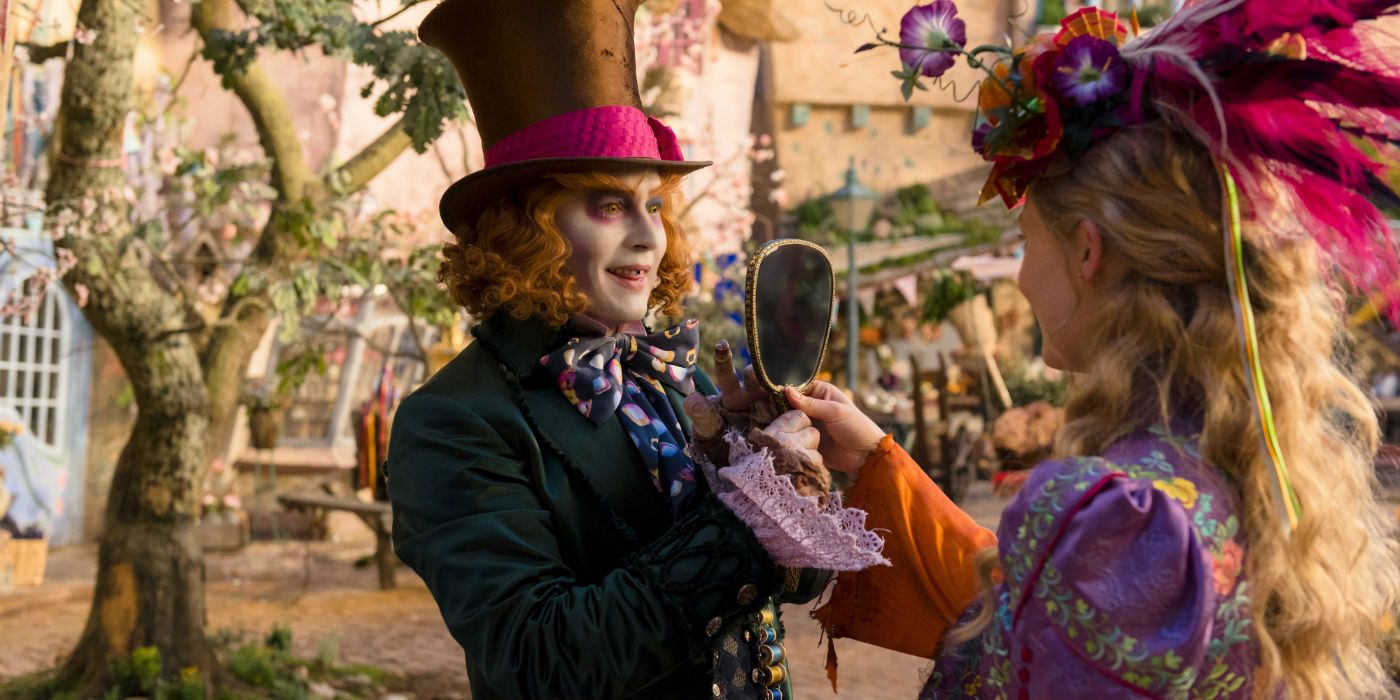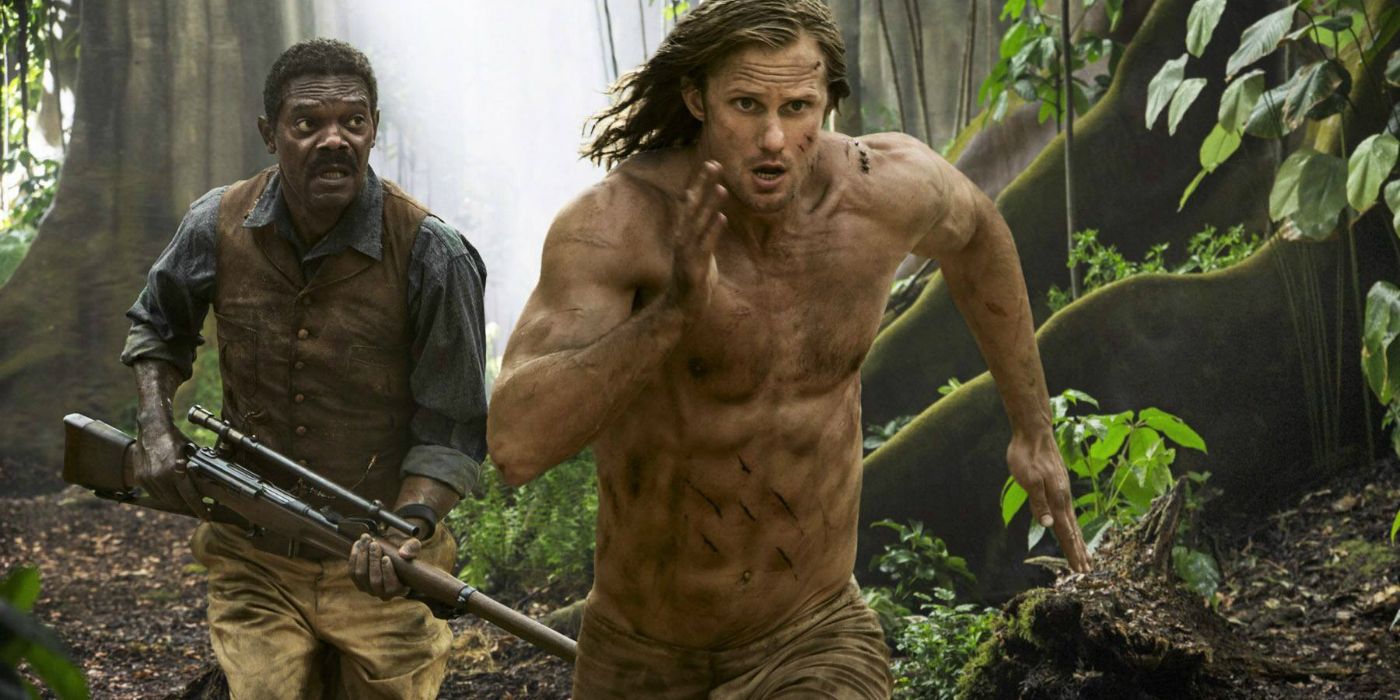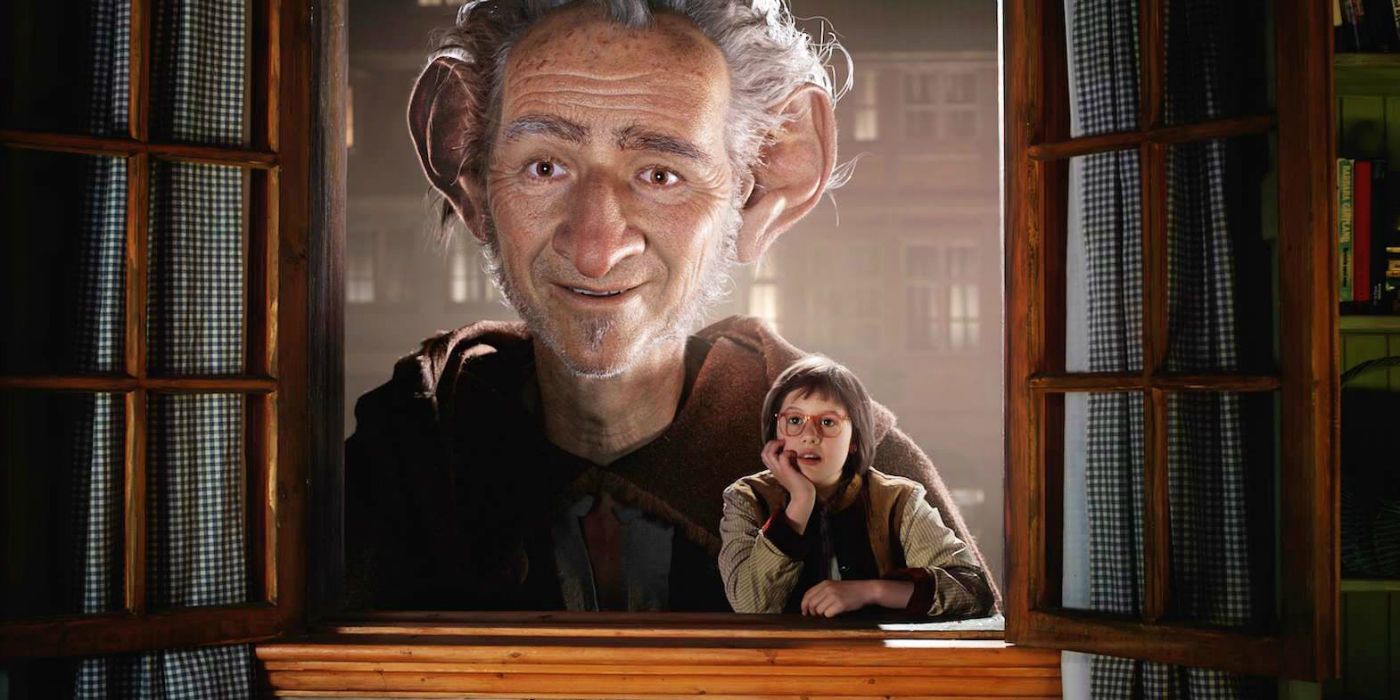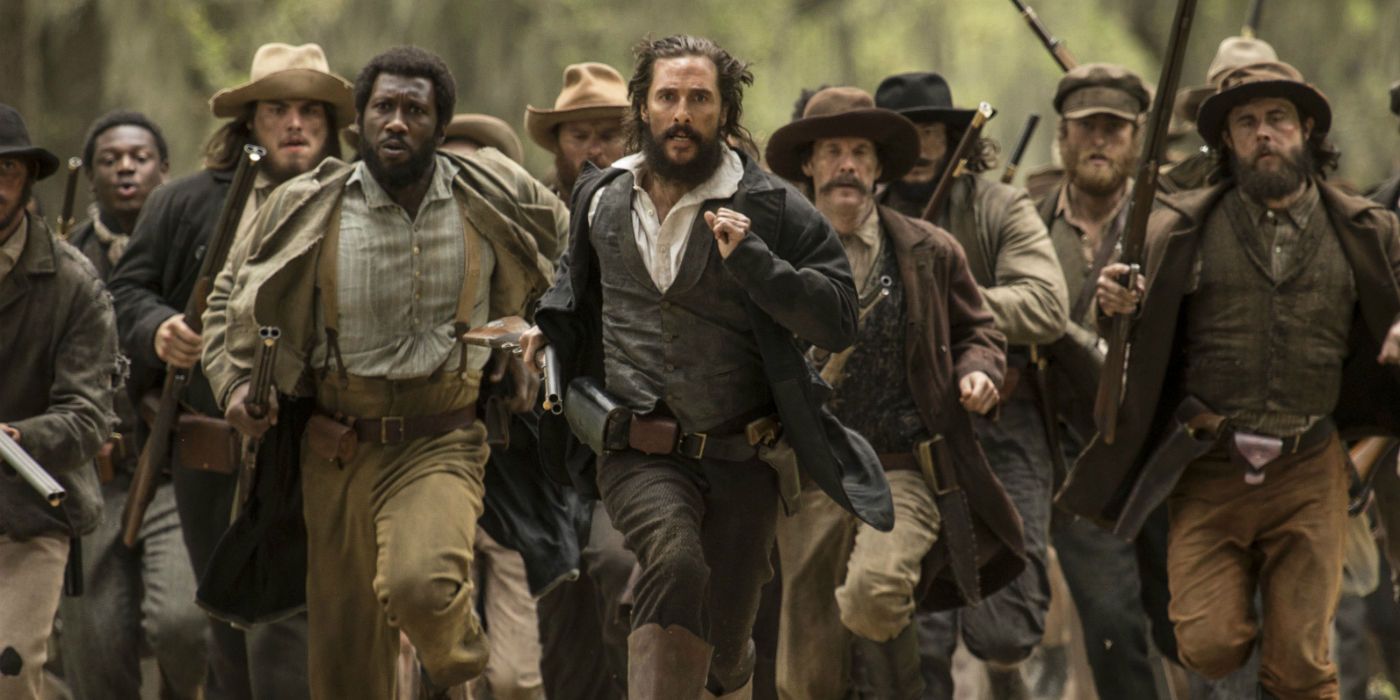By now you’ve read the headlines: summer movies—indeed, movies for the entire year—have underperformed in 2016, leaving Hollywood wringing its hands. Analysts debate if they should consider Ghostbusters a bomb or Suicide Squad a major success, while moaning over the lackluster reviews for the summer releases. So then what, exactly, happened in 2016 to make so many movies terrible? Or were they even terrible at all?
There's no shortage of possible answers, as no single factor determined what would hit or miss at the box office. The entertainment business had changed dramatically in the past few years, and it seems Hollywood didn’t quite realize to what degree. As the studios gamble their earnings on franchise pictures, they also don’t seem to realize why audiences don’t show more enthusiasm (read: buy more movie tickets). No doubt the debate will rage on for the rest of the year, though we here at Screen Rant present this list of our theories. Read it over and pick your own reasoning behind Why Movies in Summer 2016 (and Beyond) Underperformed.
15. Blockbuster Season is No Longer a Season
Once upon a time, the biggest movies always came out in summer. Star Wars, Jaws, Independence Day, Batman, Jurassic Park and more all came out during the warm months when out-of-school kids would line up around the block to see an exciting new movie. Those days are long gone.
In a modern movie world, blockbusters come out all year round. The Force Awakens, the biggest movie of 2015 (or any other year), came out in December, as did the previous titan on the box office, Avatar. Spring months, once devoid of studio-tentpole behemoths, now cultivate blockbusters to thrive. 2016 saw an unlikely hit with Deadpool coming out in February, the blockbuster Batman v Superman in March, and the even bigger Captain America: Civil War in May. Furthermore, other much-anticipated titles like Doctor Strange and Star Wars: Rogue One will hit theaters late in the year. That shouldn’t matter much in the grand scheme of things, but when analysts gnash their teeth over the summer box office sinking, the numbers only tell half the story. Instead of focusing on mega-releases one season out of the year, studios now toss them out all the time. In fact, that staggering of tentpole releases might actually help movies that would have once only been hits in the summer. More on that in a moment…
14. Everything was the Same Genre
So many superheroes, so much sci-fi. Apart from the odd Jason Bourne, virtually every live-action movie release in Summer 2016 had superheroes, science fiction, or both. Taking into account that the superhero season kicked off in March with Batman v Superman (or February including the relatively low-budget Deadpool), is it any wonder that a movie audiences got tired of men and women in tights? X-Men Apocalypse, while nabbing mixed reviews, failed to perform nearly as well as Days of Future Past in 2014. Granted, the return of the original cast likely buoyed that film, but Apocalypse fell a full $200 million short of the previous X-outing. More likely than not -- and given that franchise headliner Hugh Jackman had little more than an extended, pivotal cameo in Apocalypse -- audiences just were tired of CGI-heavy superhero craziness. A dud villain in the character of Apocalypse didn’t help either.
By the end of the summer, Suicide Squad managed to confound critics by breaking August records for box office haul, though given that both June and July had a decided lack of superhero openings, maybe the audience had recovered its appetite. (Apocalypse, conversely, hit theaters only 3 weeks after Civil War did). With even more Marvel, X-Men and DCEU superhero flicks en route, perhaps studios should take a good look at their release slates and stagger superhero releases accordingly.
13. Marketing—Over/Under/Bad
Would-be studio blockbusters already cost obscene amounts of money, though it may come as an even bigger shock that none of those 9-figure budgets include marketing costs! For a big summer release, movies often have publicity budgets that match those of production costs. For instance, Suicide Squad had a $175 production budget, while another $150 million was sunk into marketing. Good marketing, of course, can help boost a movie beyond bad reviews or lack of audience anticipation. Bad or under-marketing can have a terrible effect on a movie’s business.
One example of this of course is Star Trek Beyond. The movie underperformed in a major way, earning only $244 million against a whopping $185 million production budget. Some of that could be attributed to the mixed reception (from Trekkies, anyway) to the previous entry in the series, Star Trek Into Darkness. That said, given that the first trailer for Beyond hit in December, it is somewhat shocking that a second trailer didn’t hit until late May, only two months before the movie hit screens. That 2016 also marks Star Trek’s 50th anniversary—a fact totally ignored by the Beyond marketing team—should also give observers pause.
12. On Demand Competition
One of the biggest hits of the summer (in fact, arguably the only bona-fide phenomenon to come out of 2016) didn’t hit in a movie theater--it hit on demand. Stranger Things had nowhere near the promotion of your standard summer theatrical fare, but nevertheless proved to be a runaway hit for Netflix. That the brief series also is not a sequel or a reboot to an existing property also should make studios stop and think.
Stranger Things is of course a fantastic show with well-established actors in Wynona Ryder and Matthew Modine and theatrical-level production value. The show also epitomizes a growing problem for major studios: on demand media. Streaming services like Netflix, Amazon, DirectTV and Hulu have all begun producing their own original content at a much lower cost, and without the burden of the MPAA ratings system. Even internet services like YouTube or cable channels like ESPN have begun to get in on the game. For those reasons, a now-legit studio like Netflix can afford to take a chance on a new property like Stranger Things without the financial risks that a theatrical movie would pose. And with that, the streaming service can also afford filmmakers more leeway and creativity in terms of content. In short, on demand movies and series offer lower risks and greater rewards.
They also let the audience stay home. Instead of dealing with crowds, parking, outrageous ticket and snack prices, or having the viewing experience ruined by some idiot on his phone, viewers instead can pay a small monthly fee to watch a movie or show an unlimited number of times, all at their own pace and comfort level. Watching a movie at home will never replace the majesty and mystique of seeing a film in a theater, but with on demand taking more artistic risks and offering viewers much more content for their money, the allure of watching something from your living room can easily trump the cost and hassle of going to the movies.
11. Studio Meddling
By now, the woes of Suicide Squad in the months leading up to release have become well known. Warner Bros., stinging over the negative reception of Batman v Superman and desperately wanting to emulate the success of Marvel’s Guardians of the Galaxy, reportedly demanded heavy reshoots and restructuring of the plot. According to the Hollywood Reporter, Warners actually turned the film over to famed marketing company Trailer Park for a full reedit, out of fear that director David Ayer’s initial dark, moody cut of the movie would turn off audiences expecting the zany tone promoted by the film’s trailers (although only movie editor John Gilroy received official editing credit on the film). Suicide Squad might have turned a hefty profit, but it also managed to confuse audiences with a schizoid tone and dangling plot threads. It even ticked off a number of the performers, namely Jared Leto, who didn't seem thrilled that most of his scenes ended up on the cutting room floor. The fact that it was rushed into production was very obvious.
Studios meddling about with films is nothing new, though rarely, if ever, does a studio recut improve the reception of the film, hence the ever-expanding litany of director’s cuts available on home media. Anyone could understand why a studio would want to protect an investment of $200 million or more, but if they can’t trust their director to make a movie the way they want, should the studio have hired them in the first place?
10. Reboots Nobody Asked For
By far the biggest loser of the summer is the Ben-Hur reboot/remake, a movie audiences stayed far away from while they wondered why anyone would remake the film in the first place. Producing reboots has a natural seductive quality to studios. With a well-known title comes a built-in fanbase, and the prospect of easy ticket sales. The problem is, not every audience wants to see their favorite movie rebooted, and rebooting an established title doesn’t mean a once-popular title will again connect with an audience.
Ben-Hur faced the former problem—the original movie still has a legion of fans and a legacy as a great film. How could a remake ever improve on the film tied for the most Oscar wins in history!? To some degree, Ben-Hur suffered from the latter problem as well; audiences weren't exactly crying out for a sword & sandal gladiator epic with religious themes.
A film like The Legend of Tarzan certainly suffered from an ambivalent audience. By now, the character has appeared on screen well over 40 times! Though Tarzan did well overseas, it didn't exactly hit with American audiences, falling over $50 million short of its $180 million budget at the domestic box office.
9. The Underpinnings
Blockbuster movies love to indulge in ridiculous action and special effects, but what makes audiences love the mayhem of The Avengers, and not the craziness of Independence Day: Resurgence?
It all comes down to one thing: audiences care. Great writing, direction and acting allow an audience to like a character, but when a character becomes embroiled in an ethical conflict, viewers suddenly begin to care what happens, almost as if they have a personal stake in the conflict of the movie. In other words, the action, explosions and stunts all have to mean something.
Blockbuster summer movies like The Dark Knight, Finding Nemo or even The Hunger Games all have deeper philosophical questions they ask of both their characters and their audiences. In summer 2016, the majority of releases lacked those deeper ideas. Whereas The Dark Knight asked questions about operating outside the law, Suicide Squad meandered around any real subtext. Finding Nemo addressed issues of friendship, family and fear, while Resurgence seemed to exist simply to move from one effects sequence to another. The Hunger Games examined tribalism, responsibility, and government manipulation, while Warcraft seemed preoccupied with setting up the next movie in the series, rather than examining the conflict that was actually on the screen! In sum, the greatest “summer movies” manage to enchant the eyes with great looking visuals and the mind and heart with deeper questions. Had movies in 2016 done a better job of concentrating on their philosophical underpinnings rather than their action and effects, they might have enjoyed more success.
8. Too Many Tentpoles
This point too speaks to the ever-growing problem of market saturation, not just within genres, but with tentpole movies in general. In summer 2016, from beginning to end, a major studio film released every week! In short, audiences can’t stand sitting through that many movies so close together! The vast majority of Americans only go to the movies a few times per year! Only the most die-hard movie fans—about 9% of the audience—visit the cinema more than once per month.
That gives major studio releases some stiff competition to capture a following. Said competition becomes even more dire when a studio needs an expensive film to become a massive hit for financial reasons. Part of the reason Sony so oversaturated the marketplace with Ghostbusters promotion came from the studio’s financial state—Sony needed a hit. When a studio needs a specific film to perform well just to maintain operation, facing stiff competition can have a cataclysmic effect on business. With so many major releases positioned so close together, some films are bound to get lost in the shuffle. That's bad news for companies who need hit summer movies to keep the proverbial lights on.
7. Ever-expensive ticket gimmicks (IMAX 3D)
Movie tickets have skyrocketed in cost the past few years. Some of those costs come from natural inflation—it’s a force of nature. Others though come from more cynical marketing gimmicks. The 3-D technology popularized by Avatar has allowed studios to tack an extra fee on top of existing ticket costs. Likewise, with more and more movies featured on IMAX screens (whether they were filmed with IMAX cameras or not), ticket prices continue to rise, to say nothing of the cost of popcorn at the snack bar! Those ticket price increases make studios happy, but they can drive audiences away. Our friends over at Box Office Mojo have outlined the problem well: Captain America: Civil War, perhaps the biggest live-action hit of the year, sold just under 47 million tickets worldwide. The Hunger Games four years before made about the same amount of money, but sold about 4 million more tickets. An average movie ticket in 2012 cost about $8, while in 2016 a ticket costs about $8.60. That’s a marginal cost increase, so what gives?
IMAX, 3-D, and other gimmicks like “preferred” seating or over 21+ showings have allowed theaters and studios to earn extra cash from audiences that want a more enjoyable movie experience. Here’s the catch though: it means people go to the movies less often. That hurts the business overall, since in 2016, about 65% of moviegoers only go to the movies a handful of times a year or less. Expensive tickets keep audiences from going to the movies. Go even further back in time, and the gap becomes even more obvious. In 1997, The Lost World: Jurassic Park sold about 50 million tickets, but only made about half of what Civil War made this year!
6. The Hype Gap
We live in an era of media blitz, where box office totals become headline news, and ads for upcoming movies bombard us at every possible turn—at the bus stop, on our phones, on the internet, and of course, on TV and in movie theaters. With that level of blitz, movies run another awful risk: they can get overhyped. What’s the problem with hype? When a movie is built up in the audience’s mind as the next big classic—and it isn’t—there comes a lot of backlash.
Sony promoted Ghostbusters like crazy as a latter-day classic akin to the original. The backlash became apparent before the movie even hit the big screen, as the first trailer created a good deal of negative buzz, in part because it wasn’t clear if the movie would be a clean reboot, or work as a sequel to the original. Overhyping Ghostbusters, a perfectly serviceable comedy, as a mega-event also made the finished film pale in comparison to audience expectations. Suicide Squad suffered from a similar predicament. Hyped as a deconstructionist, anti-hero comic book movie, audiences felt duped at the mixed bag adventure the film actually offered. Good marketing can creative positive buzz, much as it did for Deadpool. Bad marketing—that is, overhype—will have the opposite effect on an audience.
5. Quite a few releases were simply bad movies
Many fans have taken to calling this past summer season one of the worst ever. While the numbers don't quite back that up, it's undeniable that this past summer seemed to be home to an alarming number of absolute stinkers. Yes, we're looking at you, Warcraft, Independence Day: Resurgence, and Ice Age: Collision Course.
But even absolutely dreadful reviews couldn't stop the latter from taking home nearly $400 million worldwide. Suicide Squad managed to smash August box office records, even though reviews for it were some of the worst of the year. That may mean that some films are in fact critic proof, but that does not mean audiences will sit through any old dreck. Imagine the business Suicide Squad would have done if the movie were actually acclaimed! The Dark Knight Rises, an acclaimed film of the same genre, sold a whopping 57 million tickets, as opposed to the 35 million Suicide Squad brought in, and that’s with the latter breaking presale records!
In fact, so far in 2016, only Finding Dory has topped 50 million tickets sold. Last year, Age of Ultron, Jurassic World and The Force Awakens each clocked in above 50 million, at 51, 79 and 108 million tickets sold, respectively. That’s not because of a dearth of competition: it’s because people actually liked those movies!
4. Sequels Nobody Wanted
In general, sequels tend to do better than their predecessors. 2016, however, suggests otherwise—probably because a number of bomb films were sequels audiences didn’t care about and weren't asking for. Alice in Wonderland proved to be a monster hit for Disney in 2010, thanks to an all-star cast and the imaginative design of director Tim Burton. By contrast, the sequel, Alice Through the Looking Glass bombed hard, even though most of the cast returned (albeit it 6 years later).
Even more egregious, Teenage Mutant Ninja Turtles: Out of the Shadows fell short of expectations. The sequel netted only $82 million—more than $100 million short of its predecessor! In 2014, Divergent was a surprise hit with audiences, netting $150 million at the box office and exciting studio Lionsgate into greenlighting three more sequels. Last year, Insurgent snagged $130 million domestically, suggesting waning interest in the series. This year’s Allegiant bombed with a pithy $66 million haul in the US, enough to prompt Lionsgate to cancel a theatrical release for the concluding film! In short, sequels are not surefire hits. Rather than feed a fandom, they can strip-mine an audience bare.
3. Movies Are Too Expensive
Ok, somebody has to say it: tentpole movies cost too much damn money! No wonder Sony pushed Ghostbusters so hard, or that Warner Bros. rushed and tinkered with Suicide Squad right up until release. When a movie costs $250 million and has an equal amount spend on promotion, (that’s half a billion dollars for readers to those keeping track), a financial disappointment can have disastrous effects on a studio workforce. Disney, for example, announced mass layoffs after the failures of John Carter and The Lone Ranger, and the studio reportedly was forced to cancel the anticipated third film in the Tron series after Tomorrowland bombed. Sony had similar turmoil after The Amazing Spider-Man 2 underperformed: the studio cut its workforce and slashed its production slate in half!
Said downsizing would be tragic enough were it not for the fact that most film revenue ends up in the pockets of a handful of people—producers, stars, directors and the like. In the case of 2015's Tomorrowland, George Clooney received upwards of a reported $11 million (almost 10% of the movie’s total budget) and that’s not including the bonus he likely also took home thanks to a deal which also granted him a percentage of the film’s modest gross.
What does all this have to do with movies underperforming in 2016? Simple: if a movie like Star Trek Beyond didn’t cost $185 million to produce, it wouldn’t have flopped. If the original Trek movies could turn enormous profit on modest budgets (Wrath of Khan cost only $11 million but made close to $79 million), the trend would suggest that good direction, writing and acting can attract a huge audience without the need for mega-paydays or overproduced effects. Hell, even if a smaller film like Deadpool can manage to earn $760 million against a $58 million budget, the takeaway is clear. Movies don’t need massive budgets to be good or find an audience, and bigger paydays for “talent” do not ensure quality or quantity of business either.
2. Poor timing
Hollywood had a head-scratching flop late this summer with The BFG, a film which starred a recent Oscar winner, was based on a popular book, and had Steven Spielberg in the director’s chair. Even more perplexing, the movie earned solid reviews from both critics and audience members. So how could the movie bomb?
Besides the high production costs and glut of other movies competing during the season, the movie had the handicap of timing. The BFG might feature a lot of cool special effects, but it doesn’t have superheroes, spaceships, heart pounding action, or slapstick comedy—qualities that have become hallmarks of the summer movie season. The BFG had more in the way of tenderness and magic than explosions.
Likewise, Disney’s flop reboot of Pete’s Dragon encountered a similar reception. Emotional, whimsical films generally do better in the winter than the summer. Consider that the first two Harry Potter films did fantastic business during the holiday season, or that solid hits which targeted the same audience as The BFG or Pete’s Dragon—Hugo, The Lion, the Witch and The Wardrobe or Spielberg’s The Adventures of TinTin—also came out in the winter months. The BFG just didn’t make for a good release timing-wise, and in Hollywood, as in life, timing is everything. Perhaps the film will find a bigger audience on DVD when viewers are more in the mood for a little warmth.
1. Weird Counterprogramming
Though sci-fi films have ruled movie houses in summer since at least the 1970s, and since comic book films became the norm in 2008, Hollywood has focused on producing more and more genre films to satisfy audiences starved for air conditioning and entertainment. Still, Tinseltown has tried to diversify its offerings by at least having some good counterprogramming available for audience members who didn’t enjoy space operas and characters in tights. Forrest Gump debuted in summer 1994 and went on to become one of the biggest movies ever. Raunchy comedies like Superbad and Austin Powers have done excellent business in these warm months, and thrillers like Signs and The Sixth Sense became huge summer hits too. Even an indie film like Little Miss Sunshine could find an audience in summer.
To be sure, Hollywood did try diversify its stock in 2016: Seth Rogen and co. released Sausage Party, which became a rock solid hit, while Matthew McConaughey vied for early awards consideration with The Free State of Jones, which flopped. So what gives?
Perhaps Hollywood didn’t provide the right kind of counterprogramming in 2016. Pete’s Dragon and The BFG tried to capture an audience, but their warm-and-fuzzy-family tones might have seemed too tender and too kid friendly. Likewise, the heavy subject matter of a Civil War drama like The Free State of Jones feels a bit out of place for the summer months. Maybe next year, Hollywood should try for something other than kiddie fare and Serious Issue Movies as an alternative to the comic book-action-sci fi blitz. It’s quite telling that the biggest movie of the year, Finding Dory, while still a sequel, features no superhero mayhem or aliens. Perhaps this time next year, we'll be talking about how Hollywood tried something different by offering fun, entertaining films that didn't feel the need to fit into the action-sci fi-superhero mold. We'll just have to wait and see.
---
Think there's another reason the movies have underperformed this year? Tell us in the comments!

